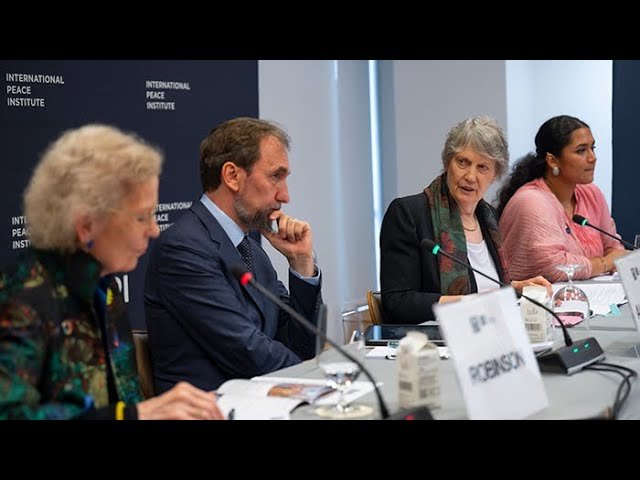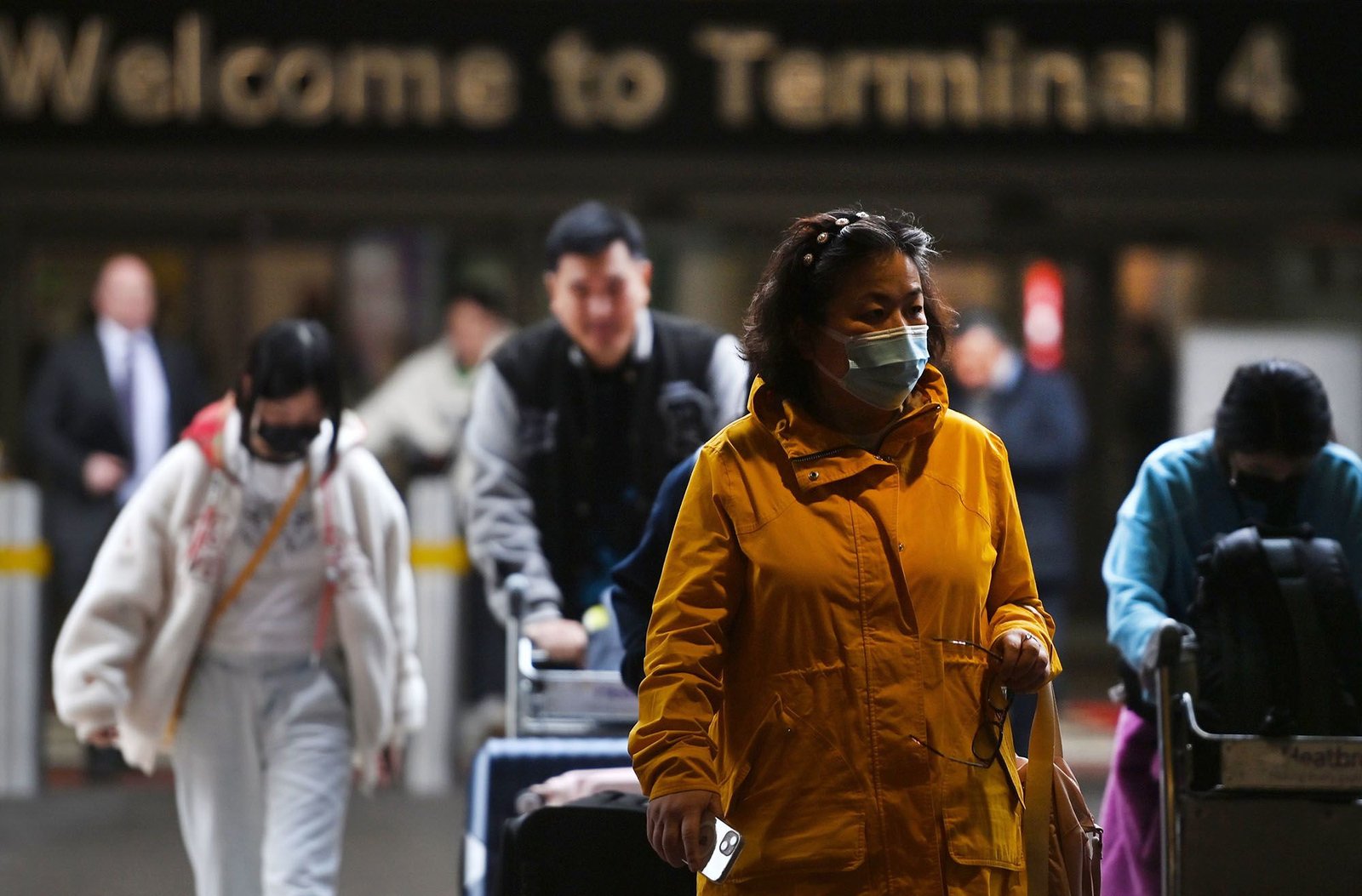Context
- As the United Nations (UN) celebrates its 80th anniversary on 24 October 2025, many people are questioning whether working together through international organizations still matters.
- Even though the UN is not perfect, it is still very important for solving global problems. Instead of giving up on cooperation between countries, we should focus on improving the UN and making it more trustworthy in today’s changing world.
What is Multilateralism?
- Meaning: Cooperation among three or more countries to achieve common global goals through shared institutions and rules.
- Core Principles:
- Sovereign equality of all states
- Collective problem-solving for “problems without passports”
- Rule-based global order and mutual respect
- Example: United Nations (UN), World Health Organization (WHO), World Trade Organization (WTO), Paris Climate Agreement.
Why Multilateralism Matters?
| Aspect | Importance |
| Peace & Security | Facilitates conflict resolution through diplomacy (e.g., UN peacekeeping). |
| Development | Drives global goals like SDGs, poverty reduction, and climate action. |
| Humanitarian Relief | Coordinates disaster relief, refugees, and global health responses. |
| Voice for Smaller Nations | Offers representation and negotiation space to weaker states. |
| Global Cooperation | Helps address transnational issues: climate change, pandemics, terrorism, AI regulation. |
The Current Crisis of Multilateralism
- Declining U.S. Commitment
- The United States, a founding pillar of the UN system, has begun to retreat from global institutions.
- It has withdrawn from UNESCO and the UN Human Rights Council, and slashed funding for several UN programmes by nearly 80%, weakening the financial base of multilateral institutions.
- This shift stems from an “America First” foreign policy that prioritises national sovereignty over global cooperation.
- The result: Reduced U.S. leadership in solving collective crises like climate change, humanitarian relief, and peacekeeping, creating a vacuum of trust and direction within the UN system.
- Why it matters: When the world’s largest funder and most influential member steps back, the entire multilateral framework loses both resources and credibility.
- Rise of Nationalism, Regionalism, and Bilateralism
- Across the world, countries are increasingly favouring “mini-lateral” or bilateral partnerships – smaller groups formed around narrow, shared interests (e.g., QUAD, AUKUS, I2U2).
- This trend reflects a loss of faith in large, consensus-based bodies like the UN, where decisions take time and are often blocked by big-power politics.
- Simultaneously, the US-China rivalry has divided global diplomacy into competing camps.
- Russia’s invasion of Ukraine and Israel’s actions in Gaza, often in defiance of UN resolutions, highlight how major powers selectively respect international law, eroding the UN’s moral authority.
- Effect: The world order is fragmenting, countries act alone or in blocs, reducing the space for truly global cooperation.
- Institutional Inequality within the UN
- The UN’s structure, designed in 1945, no longer reflects today’s multipolar reality.
- The UN Security Council (UNSC) still gives permanent membership and veto power to five nations (P5): the U.S., U.K., France, Russia, and China, sidelining large developing democracies like India, Brazil, and African nations.
- This veto dominance allows a single nation to block collective action, as seen in repeated vetoes over conflicts like Gaza or Ukraine.
- Meanwhile, the UN General Assembly remains symbolic but powerless, as its resolutions are non-binding.
- Result: The perception of an unfair and outdated global governance system weakens the legitimacy of multilateralism itself.
- Loss of Public Trust and Legitimacy
- Many citizens around the world view the UN and other global bodies as remote, elitist, and ineffective.
- The slow response to crises, from the pandemic to wars, fuels the belief that multilateralism benefits bureaucrats, not ordinary people.
- Populist leaders exploit this perception, portraying global cooperation as a threat to national sovereignty and domestic culture.
- Outcome: Global institutions risk losing not only state support but also the moral trust of the people they claim to represent.
UN’s Achievements
- Despite its flaws, the UN has delivered lasting contributions:
- Universal Declaration of Human Rights (1948): A global moral compass.
- Sustainable Development Goals (2015): Blueprint for inclusive growth.
- Paris Climate Agreement (2015): Global environmental cooperation.
- Peacekeeping Operations: Stabilising conflict zones from Africa to Asia.
- Voice for Decolonisation and Small Nations: Giving equal space to weaker states.
- In essence: The UN may be imperfect, but no other body matches its global legitimacy or reach.
The Philosophical Challenge: A Crisis of Legitimacy, Not Just Structure
- The real challenge is not merely about reforming institutions, but about reconnecting multilateralism with ordinary people’s realities.
- As author David Goodhart explains, modern politics reflects a divide between:
- Anywheres: Globally mobile elites who benefit from open markets and globalisation.
- Somewheres: Citizens rooted in local identity, religion, or culture, who feel ignored by global institutions.
- This social divide fuels anti-globalisation movements such as Brexit, Trumpism, and protectionist nationalism.
- Many feel that global institutions serve technocrats and corporations, not communities.
- Therefore, the survival of multilateralism depends on rebuilding trust and inclusivity, making global governance deliver tangible benefits like jobs, justice, and dignity.
Challenges and Way Forward
| Challenge | Way Forward / Reform Strategy |
| Outdated UN structure | Expand the UN Security Council to include countries like India, Brazil, and African representation. |
| Erosion of legitimacy | Make multilateral institutions more democratic, transparent, and citizen-focused. |
| Geopolitical rivalry | Promote issue-based coalitions (climate, health, tech governance) to sustain cooperation |
| Disconnect with people | Ensure that multilateral outcomes lead to real benefits — jobs, health, and dignity. |
| Leadership vacuum | Encourage emerging powers like India to champion equitable multilateralism rooted in solidarity and sustainability. |
India’s Role and Opportunity
India can lead a reformed, inclusive multilateral order through:
- G20 Presidency legacy (Voice of Global South).
- Advocacy for UN Security Council reform.
- Leadership in digital governance, climate finance, and AI ethics.
- Promoting Vasudhaiva Kutumbakam (One Earth, One Family, One Future).
Conclusion
“The world is not short of crises, it is short of cooperation.” Multilateralism may be fraying, but it is not failing. Its survival depends on reform, inclusivity, and legitimacy, making global institutions serve not just nations, but people. As Hammarskjöld said, “The UN was not created to take mankind to heaven, but to save humanity from hell.”
| Ensure IAS Mains Question Q. “The crisis of multilateralism is less about institutional design and more about political legitimacy.” Discuss in the context of the United Nations’ role in the 21st century. (250 words) |
| Ensure IAS Prelims Question Q. Which of the following statements best reflects the concept of multilateralism? a) Cooperation between two countries to resolve bilateral disputes. b) A system where powerful nations dominate global decision-making. c) Collaboration among three or more countries to address global challenges through shared institutions and rules. d) A foreign policy approach that prioritizes national sovereignty over international cooperation. Answer: c) Collaboration among three or more countries to address global challenges through shared institutions and rules. Explanation: Multilateralism refers to cooperation among three or more countries to achieve common global goals through institutions like the UN, WHO, and WTO. It is based on principles such as sovereign equality, collective problem-solving, and a rule-based global order. |
Also Read | |
| UPSC Foundation Course | UPSC Daily Current Affairs |
| UPSC Monthly Magazine | CSAT Foundation Course |
| Free MCQs for UPSC Prelims | UPSC Test Series |
| Best IAS Coaching in Delhi | Our Booklist |





